Bullet Train movie review: What is Brad Pitt doing in this tiresome Japan-set post-Tarantino knock-off? It’s a train wreck
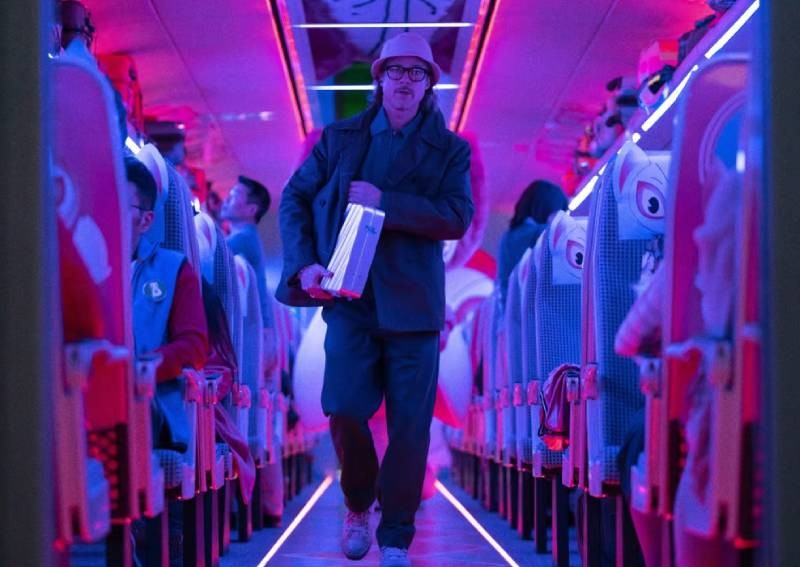
2.5/5 stars
Brad Pitt rarely makes mistakes, but Bullet Train is a major misfire. A two-hour orgy of bloodshed tempered only by the occasional half-decent sight gag, it’s a film that derails very early on.
Based on a book by Japanese author Kotaro Isaka, it stars Pitt as Ladybug, an assassin who believes his “bad luck is Biblical”.
Sporting a bucket hat and an attitude that says he’s been consuming self-help books by the carriage-load, he’s taken time out from the game, only to be brought back by his handler (Sandra Bullock) to collect a silver briefcase from a train speeding its way from Tokyo towards Kyoto.
Naturally there are other interested parties on board, including two hitmen, Tangerine (Aaron Taylor-Johnson) and Lemon (Brian Tyree Henry), who have been hired by a gangster known as The White Death to keep both the case (stashed full of cash) and his son (Logan Lerman, also on board) safe and sound.
Then there’s Joey King’s ruthless pink-clad killer who has already done something wretched to a young boy, now comatose in hospital.
Oh, and if that’s not enough, there is a deadly reptile, the Boomslang, with a venom that makes blood pour out of your eyes slithering around. Snake on a Train indeed.
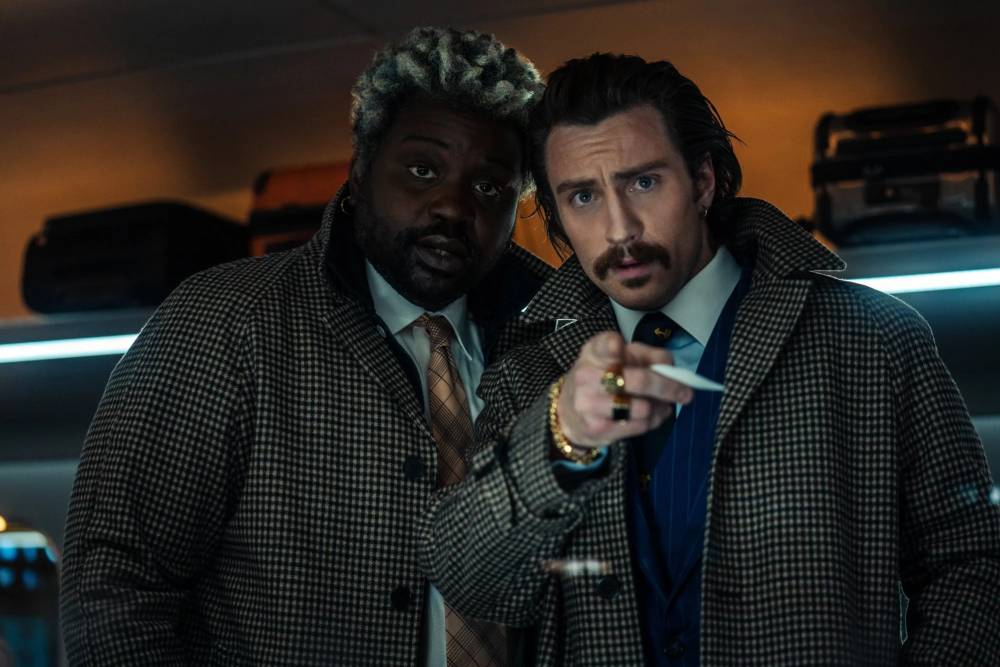
Directed by David Leitch, who previously worked on Deadpool 2 and Atomic Blonde , Bullet Train, the film’s stunt work cannot be faulted – if you enjoy inventive close-quarters combat, there’s plenty of that.
But the dialogue is largely nonsensical, particularly from Tangerine and Lemon.
These unlikely brothers speak in Cockney accents, swear repeatedly and in, the case of Lemon, spend most of the film waxing lyrical about children’s television show Thomas the Tank Engine (which does lead Johnson to do an amusing impression of its narrator, ex-Beatle Ringo Starr).
On top of that, Pitt’s New Age truisms (“let that be a lesson about the toxicity of anger”) grow tiresome, and there is a self-conscious soundtrack (from the Bee Gees to Engelbert Humperdinck) married to the film’s casual ultra-violence.

The nods to Japanese culture are cursory, from polite bowing to crazy anime cartoons, with seemingly little concern for whitewashing most of the characters.
While there are some neat cameos and a slick montage involving a water bottle that has its own journey through the story, the rest is one giant train crash.
It’s the sort of post-Tarantino knock-off that fell out of fashion about 20 years ago. Even Pitt doesn’t get through this one unscathed.


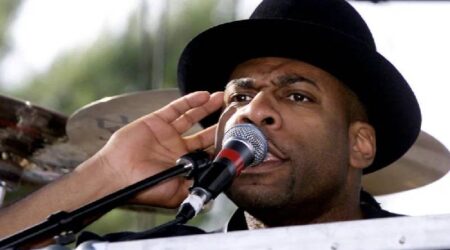



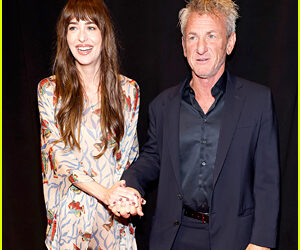



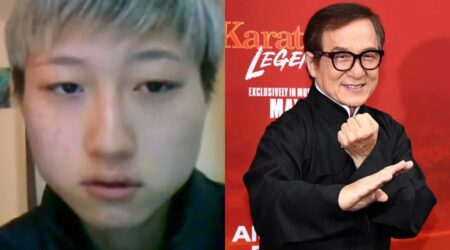
Leave a Reply